


Download Call for Papers (pdf version).
Micro-facial expressions (MEs) are involuntary movements of the face that occur spontaneously when a person experiences an emotion but attempts to suppress or repress the facial expression, most likely in a high-stakes environment. As such, the duration of MEs is very short with the general duration of not more than 500 milliseconds (ms), and is the telltale sign that distinguishes them from a normal facial expression. Computational analysis and automation of tasks on micro expressions is an emerging area in face research, with a strong interest appearing as recent as 2014. Only recently, the availability of a few spontaneously induced facial micro-expression datasets has provided the impetus to advance further from the computational aspect. There are two facial macro- and micro- expression databases which contain long videos: the CAS(ME)2 with 98 sequences at 30 fps and the SAMM Long Videos dataset with 147 sequences at 200 fps. While much research has been done on short videos, there has been not many attempts to spot micro-expressions on long videos. This workshop is organized with the aim of promoting interactions between researchers and scholars from within this niche area of research, and also those from broader, general areas of computer vision and psychology research.
Submission deadline: 31 Jan 2020
Notification: 14 Feb 2020
Camera-ready: 28 February 2020
Submission website: https://cmt3.research.microsoft.com/MEGC2020
Workshop paper format should adhere to the paper submission guidelines for FG2020: https://fg2020.org/instructions-of-paper-submission-for-review/
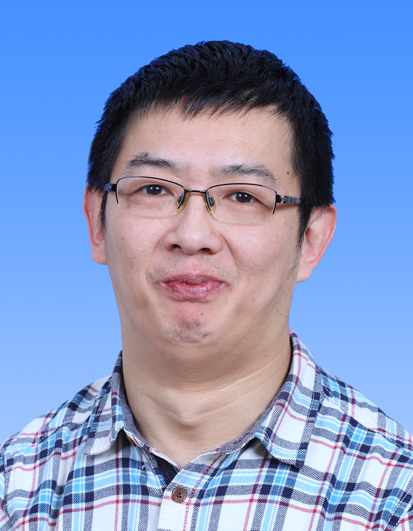
Chinese Academy of Sciences, China, wangsujing@psych.ac.cn
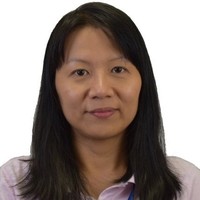
Manchester Metropolitan University,UK, m.yap@mmu.ac.uk
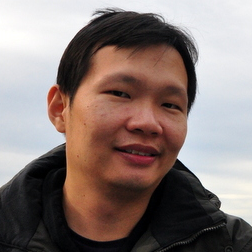
Multimedia University, Malaysia, johnsee@mmu.edu.my

Xi’an Jiaotong University, hongxiaopeng@xjtu.edu.cn
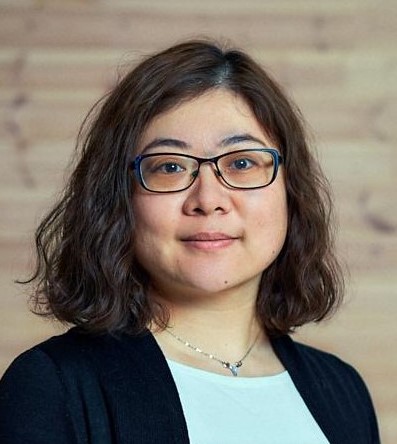
University of Oulu,
Xiaobai.Li@oulu.fi
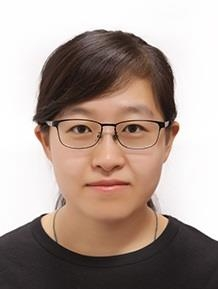
Chinese Academy of Sciences, China,
lijt@psych.ac.cn
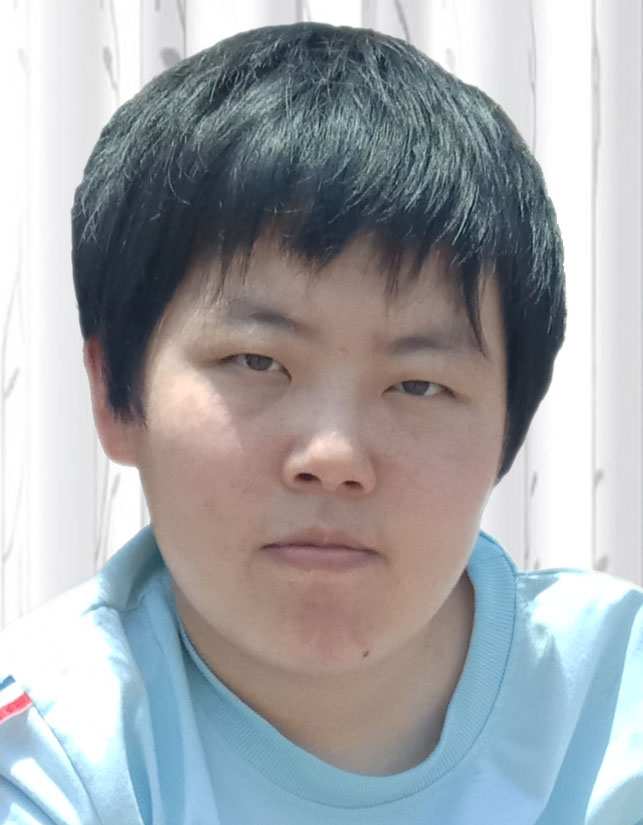
Chinese Academy of Sciences, China
heyingyouxiang@qq.com
Download
Workshop Full Program.
All the accepted papers are available on
IEEE Computer Society Digital Library.
Date and Time: 16th November 2020 (Monday) Whole day session (Buenos Aires time)
Opening from the Chairs SAMM and CAS Micro-expressions datasets updates Spotting Challenge Papers Invited Talk: Dr. Rama Chellapa Break Regular papers Awards and Summary from the Chairs Panel discussion and brainstorming for the next steps Closing
Ruiping Wang, Institute of Computing Technology, Chinese Academy of Sciences, China Wen-Jing Yan, JD Digits, China Hongying Meng, Brunel University, UK Zhen Cui, Nanjing University of Science and Technology, China Sze Teng Liong, Feng Chia University, Taiwan Adrian Keith Davison, University of Manchester, UK Daniel Leightley, King’s College London, UK Walied Merghani, Sudan University of Science and Technology, Sudan Choon-Ching Ng, PRDCSG, Singapore Tong Chen, Southwest University, China
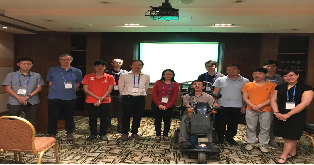
Related website: http://www2.docm.mmu.ac.uk/STAFF/m.yap/FG2018Workshop.htm
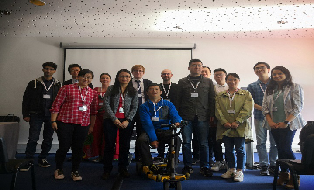
Related website: https://facial-micro-expressiongc.github.io/MEGC2019/